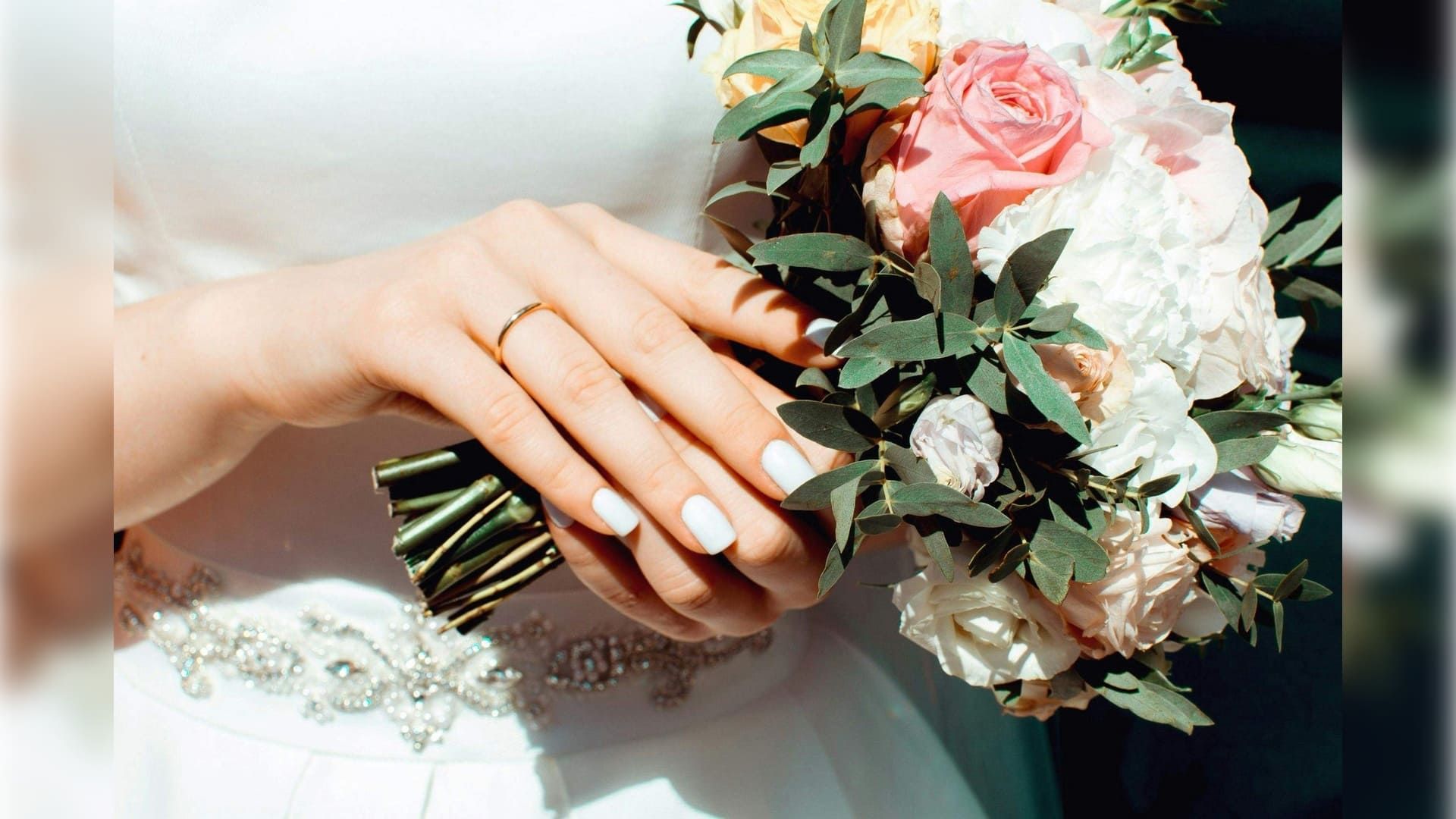Post-Wedding Anxiety: Understanding the Emotional Crash After "I Do"

Sarah Johnson, MD

Are Sleepless Nights and Racing Thoughts Taking Over?
As your wedding approaches—or even after the ceremony—stress can feel overwhelming. Constant overthinking and emotional drain are common, whether you're experiencing wedding anxiety, post wedding anxiety, or after wedding anxiety. Recognizing these feelings is the first step toward reclaiming your peace and joy.
What Is Wedding Anxiety?
Wedding anxiety is that mix of nerves and fear of imperfection that can overshadow your planning—whether you're feeling nervous before wedding, experiencing pre-marital stress, or dealing with wedding jitters. For personalized support in navigating these feelings, consider connecting with an AI Mental Health to develop effective coping strategies. It's not just excitement; it's persistent worry that manifests through racing thoughts, muscle tension, and sleep troubles. These experiences are common and manageable with the right tools.

Causes of Wedding Anxiety
Things that stress you out before the wedding
Planning logistics can intensify marital stress, while high self-imposed or external expectations complicate relationship transitions. Family tensions and financial pressures also significantly contribute to life changes after wedding anxieties.
Nerves on the Day
The intensity of being the center of attention amplifies marital stress. Ceremony pressures can trigger performance anxiety, highlighting relationship transitions. Perfectionism fuels last-minute worries about these life changes after wedding.
Anxiety After the Wedding
Adjusting to marriage involves new routines that may heighten marital stress. Daily responsibilities often feel heavier during relationship transitions. Social pressure to embody "happily ever after" misunderstands real life changes after wedding. Similar emotional overload can also appear in early family life — see how stress and motherhood share many of the same emotional patterns.
It’s normal to feel emotional after such a big milestone—but if you're experiencing persistent restlessness, sadness, or irritability after the honeymoon phase, you might be dealing with **post wedding anxiety** or even **after wedding anxiety**.
Some common signs include:
- A sense of emotional "crash" after the excitement fades
- Increased tension in your relationship over small things
- Trouble adjusting to new routines or responsibilities
- Feeling disconnected or unsure about what’s next
- Ongoing fatigue that isn't tied to physical activity
This kind of transition stress can leave you feeling like something is wrong—even when everything “looks fine” on the outside. You may begin to question your choices, your relationship, or your identity, which is a common phase of adjustment fatigue after major life changes.
Recognizing these signs early helps you take action—whether it's through open communication, journaling, or professional support.
How Wedding Anxiety Affects You
It can make you irritable, tearful, or trapped in overthinking—classic signs of emotional overwhelm. Physically, it may cause insomnia, fatigue, or tension headaches, often exacerbating relationship strain. These symptoms often relate to disrupted morning cortisol levels, the hormone rhythm responsible for stress regulation and daily energy balance.
These tensions or miscommunications can further weaken connections. This overwhelming feeling is a genuine form of post-event stress that deserves attention and care.
Practical Strategies to Cope With Wedding and Post-Wedding Anxiety
Mindfulness and Relaxation Techniques
When emotions intensify, practice deep breathing—a foundational anxiety coping strategy. Use guided meditation to calm your mind and visualization to focus on positive outcomes, key stress management tips for mental wellness during wedding.
Healthy Routines
Prioritize sleep for emotional balance, a core aspect of mental wellness during wedding. Eat nutritious meals to sustain energy and include gentle exercise to reduce tension—simple but effective anxiety coping strategies.
Communication With Your Partner
Share worries openly without judgment, a vital stress management tip for reducing pressure. Work as a team to solve problems, reinforcing mental wellness during wedding. Remember you’re navigating this new chapter together.
Professional Support
Therapy or counseling offers tailored anxiety coping strategies for lasting relief. Coaching provides practical planning support, enhancing mental wellness during wedding. Seeking help is a proactive stress management tip, not a weakness.
Real-Life Examples and Scenarios
One couple felt overwhelmed by guest list disputes, a common trigger for wedding anxiety. They implemented daily 5-minute check-ins to voice concerns calmly—a simple but effective strategy. Another person experienced sadness after the celebration, a sign of post wedding anxiety or after wedding anxiety. They began journaling and scheduled regular date nights to reconnect, successfully rebuilding their emotional bond.
FAQ About Wedding and Post-Wedding Anxiety
Is it normal to feel anxious before my wedding?
Yes. It's a big deal, so most people get nervous — a completely normal form of wedding-related anxiety that many couples experience before their big day.
How long does post-wedding anxiety last?
It depends, but it's usually a few weeks. Think about getting help if it lasts longer.
Can wedding anxiety affect my relationship?
It can, if you don't deal with it. Talking to each other clearly stops misunderstandings.
Are there simple exercises to reduce anxiety before and after the wedding?
Try box breathing: breathe in for four seconds, hold for four, breathe out for four, and hold for four.
When should I seek professional help for wedding-related anxiety?
If anxiety affects your daily life or happiness for more than a few weeks.
Your Anxiety Doesn’t Define This Experience
These feelings of wedding anxiety, post wedding anxiety, and after wedding anxiety are common and manageable. Be kind to yourself—this is a significant transition. Prioritize open communication with your partner to navigate this chapter together. With mindful steps, you can protect your joy before, during, and after the wedding.
Wedding anxiety doesn’t define your experience; taking proactive steps ensures joy before, during, and after the wedding














